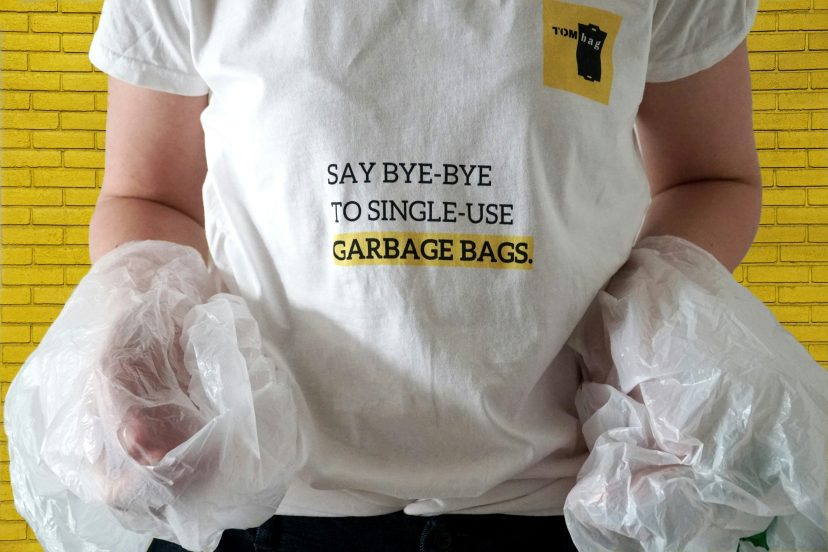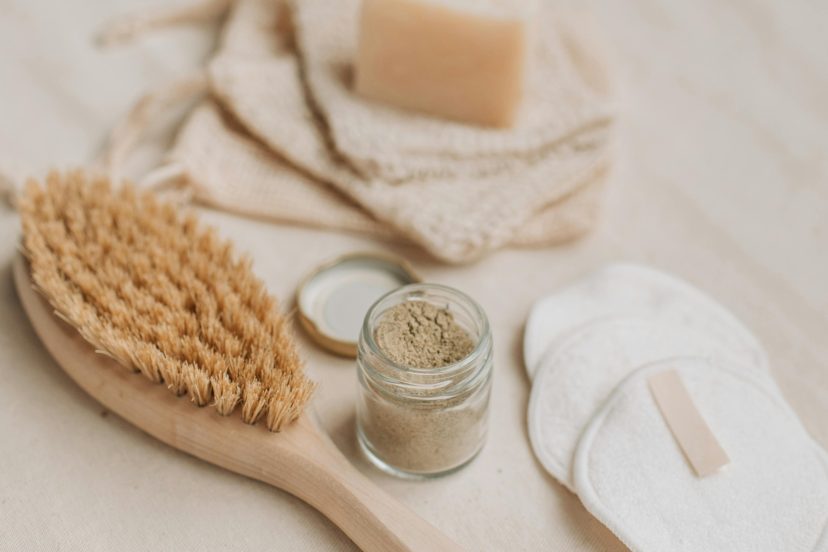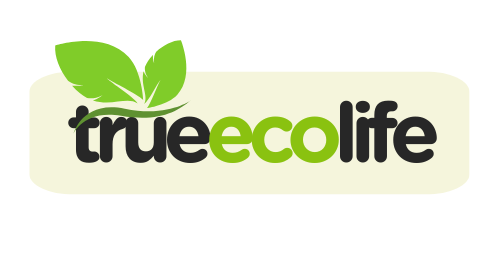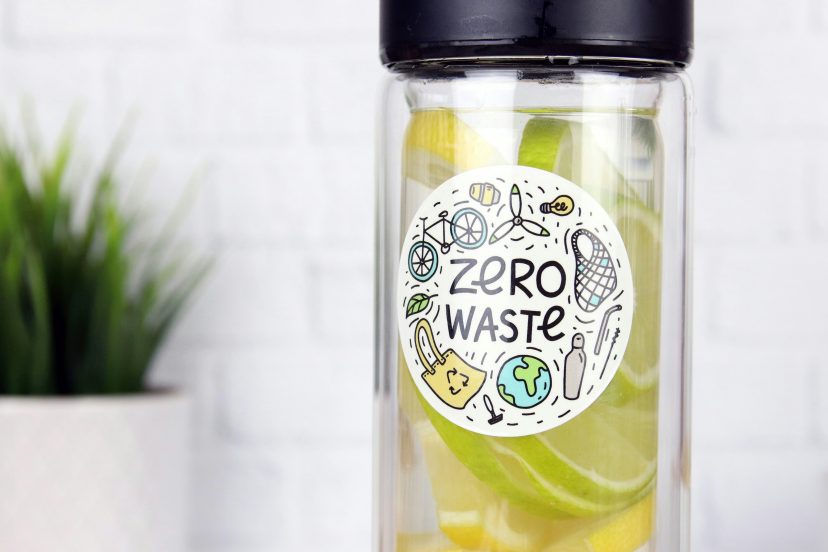Zero Waste Lifestyle | Smart Ways Toward Sustainability
We may earn a commission for purchases made using our links. Please see our disclosure to learn more.
We live in a time where convenience rules. Quick meals, online orders, and disposable everything. But beneath that ease lies a growing problem: mountains of waste filling our landfills and plastics choking our oceans. It’s easy to feel powerless in the face of it all, but that’s far from true. Living a zero waste lifestyle isn’t about perfection — it’s about making mindful choices that add up. Every reusable cup, compost bin, and simple swap moves us closer to a cleaner planet and a more intentional way of living.
What Does “Zero Waste” Really Mean?
At its heart, living zero waste means rethinking how we use and dispose of things. It’s a mindset shift from consuming without thinking to creating with intention.
The philosophy follows the “5 Rs”:
- Refuse – Say no to what you don’t need.
- Reduce – Cut down what you do need.
- Reuse – Opt for products designed for repeated use instead of single-use ones..
- Recycle – Process what you can’t reuse.
- Rot – Compost the rest.
These five steps make zero waste approachable and realistic — even for beginners.
The Growing Waste Crisis We Can’t Ignore
We produce more than 2 billion tons of municipal solid waste each year, yet only a fraction is managed responsibly. According to the IFC’s “The World Has a Waste Problem”, this global waste burden is projected to increase by nearly 70 percent by 2050 if no major action is taken. In many regions, waste piles up in open dumps or seeps into waterways, threatening both ecosystems and communities.
Plastic debris plays a particularly destructive role — it kills marine life at a massive scale and breaks down into microplastics that infiltrate the food chain. A recent study, “Microplastic particles in human blood and their association with coagulation markers,” found measurable traces of microplastics in human blood, showing a connection to shifts in blood clotting and inflammation — a clear sign of potential health concerns.
What’s at stake isn’t just nature, but humanity itself. Waste pollution impacts air quality, soil fertility, food security, and even climate stability. Every sustainable action, no matter how small, helps counter this damage and contributes to a cleaner, healthier planet.

How Living Zero Waste Makes Everyday Life Better
People often assume zero waste living is restrictive, but in truth, it’s freeing. It simplifies your environment, saves money, and strengthens your sense of purpose.
Here’s what you gain:
- Less clutter, more clarity: Minimal packaging means less to manage at home.
- Better health: Avoiding plastic and synthetic materials reduces exposure to toxins.
- Financial savings: Reusables last longer, saving money over time.
- Community connection: Zero waste markets and swap events connect you with like-minded people.
Living sustainably turns ordinary routines into meaningful acts of care.
Easy Lifestyle Swaps for a Greener Tomorrow
1. Reusable Essentials for Daily Life
Start with the basics. Replace single-use bottles, bags, and wraps with reusable alternatives.
A stainless steel water bottle, beeswax wraps, and cloth shopping bags can prevent hundreds of plastic items from entering landfills each year.
When heading out, keep a “zero waste kit” with essentials like cutlery, straws, and containers. It’s a simple system that keeps sustainability within reach.
2. Smart Grocery Shopping Habits
Your grocery trips play a big role in your waste footprint. Choose bulk stores when possible, bring your own containers, and support local farmers’ markets.
Buy items with minimal packaging and avoid impulse buys that often lead to waste. A little meal planning can help reduce food waste, saving both money and resources.
3. Composting Made Easy
Composting transforms food scraps into nutrient-rich soil for gardens. It’s a simple yet powerful act of regeneration.
If you live in an apartment, countertop compost bins or Bokashi systems work wonders.
As the Environmental Protection Agency notes, composting reduces methane emissions and enriches soil health — two wins for the planet.
(You can also explore more sustainable routines in eco activities designed for all lifestyles.)

Home Upgrades for Zero Waste Living
1. Eco-Friendly Kitchen Swaps
Your kitchen is a great place to start. Switch from paper towels to washable cloths, plastic containers to glass jars, and disposable sponges to natural scrubbers.
Look for refill stations for dish soap or detergents. These habits quickly reduce packaging waste and help maintain a cleaner, more organized kitchen.
2. Green Bathroom Essentials
The bathroom often hides a mountain of single-use products. Replace bottled shampoo with solid bars, plastic toothbrushes with bamboo ones, and disposable razors with stainless steel safety razors.
Switching to reusable makeup pads and natural deodorants can reduce bathroom waste drastically — without sacrificing comfort or hygiene.
3. Sustainable Closet Choices
Fast fashion fuels pollution, unethical labor, and textile waste. Instead, opt for quality over quantity.
Shop secondhand, choose durable fabrics, and repair clothes instead of tossing them.
The Ellen MacArthur Foundation found that extending a garment’s life by just nine months can reduce its carbon footprint by 30%.
5 Product Finds for a Zero Waste Lifestyle
Here are some highly rated, eco-friendly tools that can help you get started:
- Stasher Reusable Silicone Bags – Replaces hundreds of zip-locks. Airtight, microwave-safe, and endlessly reusable.
- Bamboo Cutlery Set with Case – Ideal for meals on-the-go or office lunches.
- Beeswax Food Wraps – Keeps food fresh naturally while cutting plastic use.
- Compost Bin for Kitchen Counter – Sleek, odor-free design that fits even small kitchens.
- Reusable Cotton Pads – Gentle on skin and the planet, washable hundreds of times.
Each product turns sustainability into convenience — without extra effort.
Community and Lifestyle Integration
Zero waste lifestyle isn’t a solo journey. Join local refill shops, thrift markets, or online groups where members share tips, swaps, and DIY solutions.
You can even organize community cleanups, host swap events, or start a compost-sharing network. Collaboration builds consistency — and it’s fun, too.
The beauty of the movement lies in community effort. Together, small acts become powerful change.
How to Stay Motivated on Your Zero Waste Journey
It’s easy to feel discouraged when you can’t do everything at once. But perfection isn’t the goal — consistency is.
Here’s how to stay inspired:
- Track your wins: Note how many disposables you’ve replaced.
- Share your progress: Inspire others on social media or through community boards.
- Educate yourself: Follow blogs, documentaries, and local eco events.
- Be kind to yourself: Sustainability is a lifestyle, not a competition.
Even if you only change one habit per month, that’s twelve meaningful steps a year.
Conclusion
A zero-waste lifestyle isn’t an all-or-nothing pursuit. It’s a gradual path toward mindful living — where every choice, no matter how small, helps the planet breathe a little easier. Refuse what you don’t need, reuse what you can, and recycle the rest. Even your smallest decisions — choosing a reusable cup, composting food scraps, or shopping consciously — create ripples of change that matter. Your journey to sustainability begins right now. So, take one step. Then another. The earth will thank you.
FAQs
1. How can I begin living a waste-free life?
Begin by identifying single-use items in your daily routine and replacing them with reusables. Start with water bottles, grocery bags, and food wraps.
2. Can zero waste living work with a busy schedule?
Yes! Prep your essentials ahead of time — a reusable kit and meal plan go a long way in saving both time and waste.
3. What are some affordable zero waste swaps?
Mason jars, cloth napkins, and bamboo toothbrushes are inexpensive ways to begin. You don’t need fancy products to live sustainably.
4. Does zero waste mean no trash at all?
Not exactly. It means minimizing waste as much as possible, not eliminating it entirely. Remember, it’s about steady progress, not absolute perfection.
5. Where can I find more info on sustainable practices?
Check out community workshops, online zero waste forums, and helpful guides on eco activities that inspire eco-conscious living.




